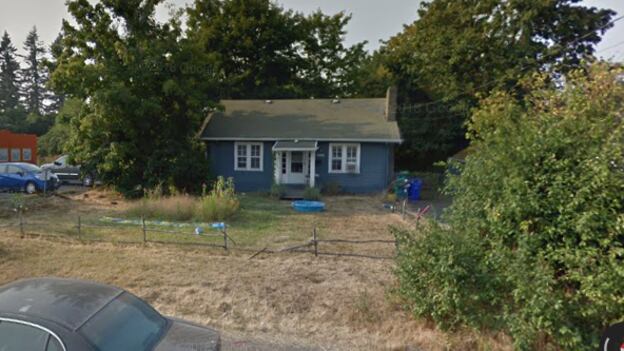The Portland Housing Bureau has selected a fourth project on which to spend a chunk of Portland's $258 million housing bond.
The new location is in Cully, a neighborhood where 40 percent of households include an immigrant, the city fact sheet says.
The city plans to develop at least 50 affordable apartments on the 19,000-square-foot site on Northeast Prescott Street, though the project won't break ground for at least a year. Portland City Council is expected to vote on the $500,000 purchase price next week.
The site currently has a single-family dwelling on it. Housing Bureau spokeswoman Martha Calhoon says the residents have been notified of the purchase.
Related: Cully was the site of a five-alarm fire in March at a junkyard left unregulated by state officials.
"This opportunity to bring new housing to a critically important and underserved area is another strong step forward toward our Bond goals," said Mayor Ted Wheeler in a statement. "With the 50 new units planned for this site, plus hundreds more under active negotiation, we are making aggressive progress to meet our commitment well ahead of schedule."
Voters approved the $258 million bond in November 2016
The city moved quickly with the purchase of the first property using the bond—then halted. In late 2016, the city agreed to purchase the Ellington, an existing 263-unit building, with $37 million in bond funds.
Wheeler halted further purchases for the first year he served in office. But in the last eight months, the city has committed to three new locations.
In December, the city committed to developing the site of former site of a strip club on Southeast Powell Boulevard with housing bond money.
Last month, the city announced the $14.3 million acquisition of a new 51-unit building in East Portland.

